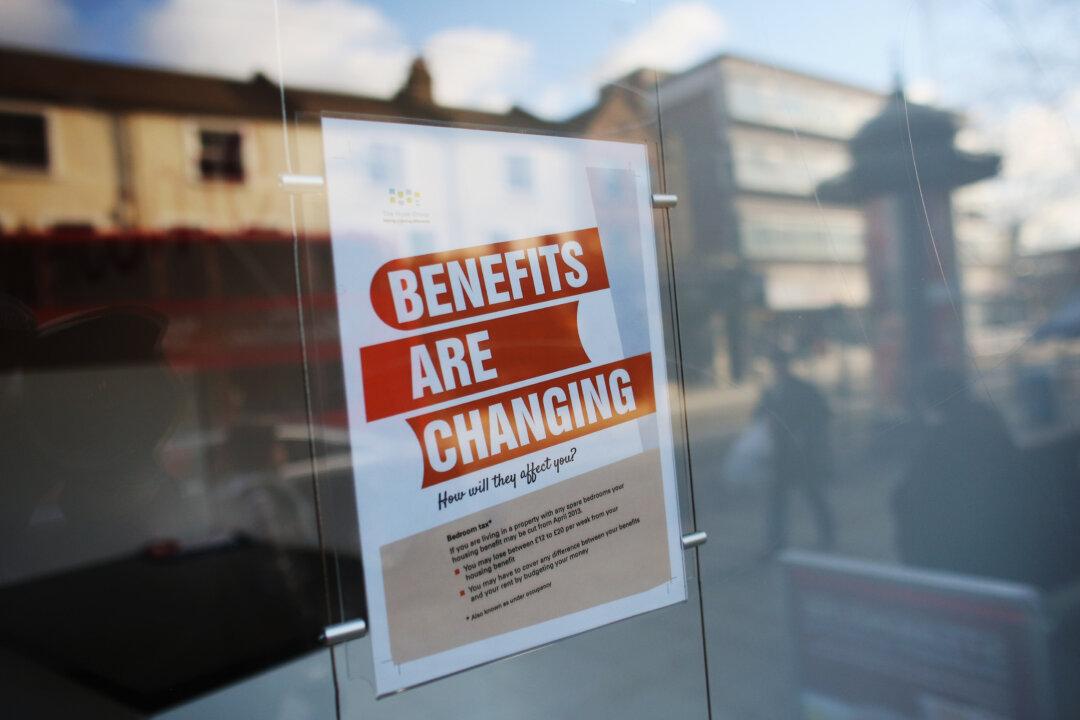Few debates raise blood pressure more readily than those about the welfare state, especially those regarding the personality of those on benefits. Welfare claimants are both stereotyped as being genetically hardwired as unconscientious and disagreeable, as well as the helpless victims of capitalism.
As I am both a personality researcher and former claimant of unemployment benefits, the issue of personality and the welfare state is of special interest to me and is the focus of my new book, “The Welfare Trait.” My research has led me to an alarming conclusion: the welfare state increases the number of children at risk of developing personality profiles that make them less likely to get a job.
Research on personality and the welfare state is rare, but in the papers that have been published, the message is clear. Individuals with aggressive, rule-breaking, and antisocial personality characteristics are overrepresented among welfare claimants.
